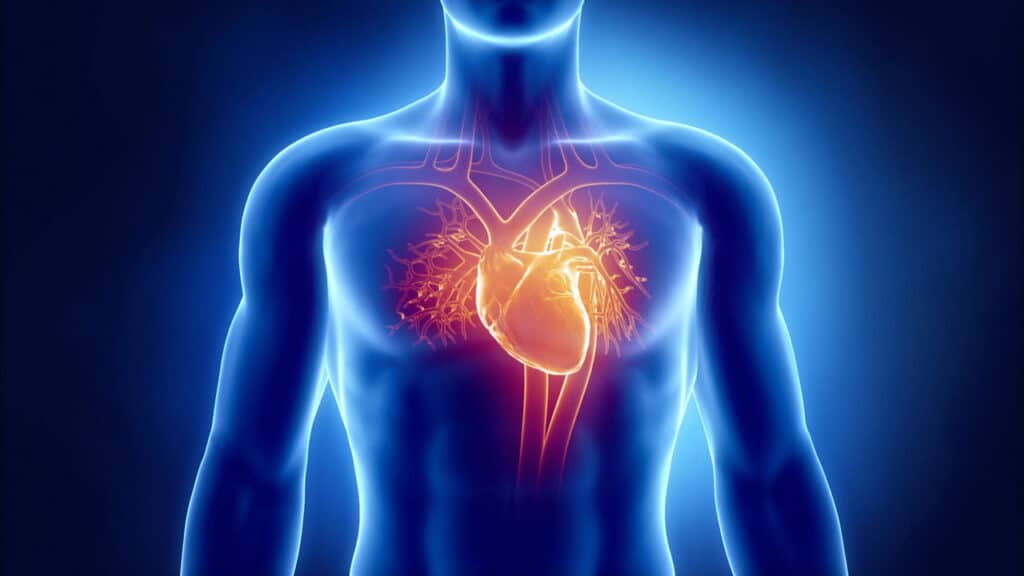Hypertension is the proper name for high blood pressure. Pulmonary means it is related to the lungs. Therefore, pulmonary hypertension is when your high blood pressure specifically affects the blood vessels responsible for the lungs’ blood supply. It’s a rare condition but a serious one.
When the pulmonary arteries thicken and become stiff, it means there’s less room for blood to travel through them. That means your heart has to work harder, which could weaken it over time, sometimes even to the point of heart failure.
There are five main types of pulmonary hypertension. They vary depending on whether they’re caused by problems in the arteries, the heart, the lungs or blood clots. There’s also a specific kind that can affect newborn babies.
Amongst these different types, there are a range of possible causes, including various other diseases and disorders affecting other organs and parts of the body, as well as certain drugs. Rare forms may have a genetic component or even appear with no obvious underlying cause.
Like regular hypertension, pulmonary hypertension doesn’t always show symptoms. In other cases, you may experience dizziness, tiredness and shortness of breath. It’s also associated with heart palpitations, chest pain and swelling in the lower limbs and joints. This can be a life-limiting condition that prevents you exercising properly or conducting normal daily activities.
You’re more likely to develop pulmonary hypertension if you have other heart or lung conditions, and its symptoms may look similar to those of other heart and lung conditions. This can make diagnosis tricky. You may have to have an echocardiogram to scan your heart or a right heart catheterization to insert a tube into your artery.
Unfortunately, like other forms of high blood pressure, there’s no cure for pulmonary hypertension. Luckily, it can be managed, especially if you catch it early. Medicine to stop the blood from thickening or clotting (called anticoagulants) can help, as can diuretics that remove excess fluid. If another condition is causing your pulmonary hypertension, you need to treat that first.
You probably don’t need to be as aware of pulmonary hypertension as you do other kinds because it is rare, but it’s still helpful to know what to look out for in case you develop symptoms. The quicker it can be identified and treated, the better your long-term prospects will be.




